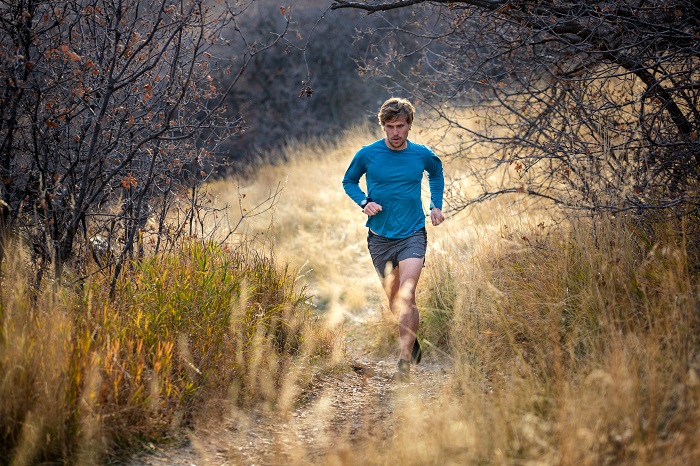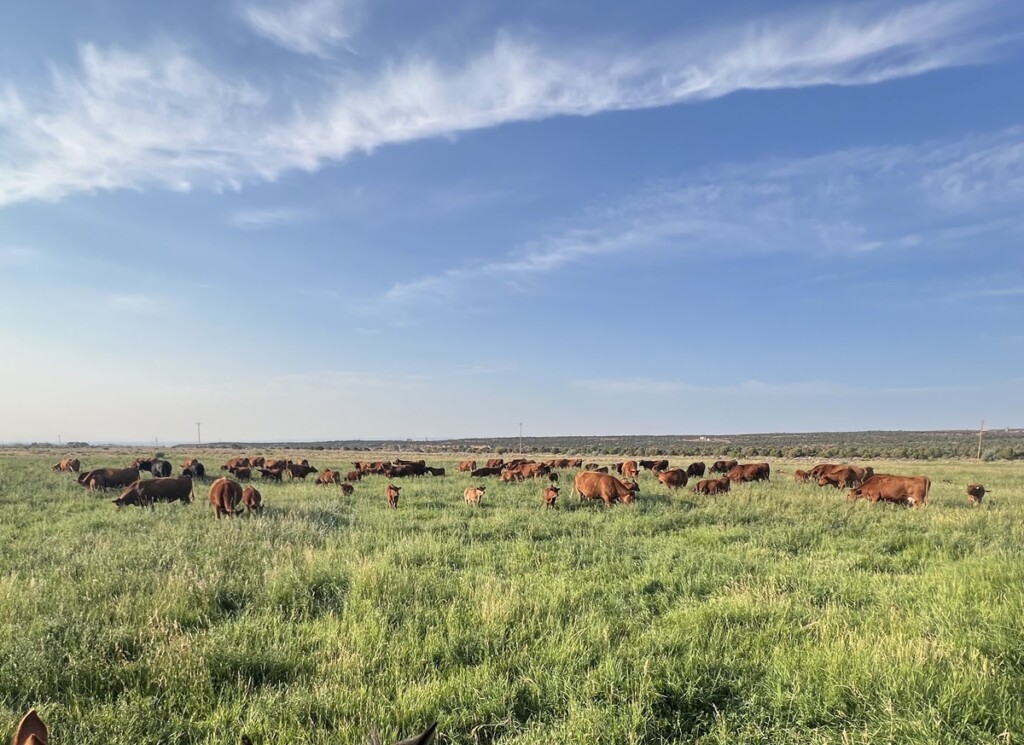
For Jesse Rich, distance running started with the proverbial first step. This year he won the Wasatch 100, a 100-mile footrace traversing Utah’s rugged Wasatch mountains. But it all started in 2012 when his brother invited him out for a casual run. For the two brothers, enjoying each other’s company quickly became much more.

For Jesse, running became a vehicle for meditation and reflection. It gave him the time and opportunity to ponder deeper questions about the world.
His early races also provided him with many lessons about his fitness, training, nutrition and the mental challenges that are common during such events.
“That voice in your head determines your race,” he says. “You have to learn how to convince yourself that your body is fine. With practice, this becomes easier.”
Over time, Jesse has become attuned to what he needs to feel strong and fast while covering long distances. Even though his body may feel tired, Jesse has learned how to keep himself mentally strong. He explains that the longer you are out there, the louder your brain may tell you to quit.
“The longer the event, the greater the mental challenge. The trick is to break up the goal,” Jesse explains. “Instead of focusing on running the entire 100 miles, just put your goal on the next aid station. Your race then becomes many smaller distances of just five to seven miles at a time.”
The human body is capable of remarkable feats. Many endurance athletes are motivated by the drive to push their limits. Time and time again, perceived limits can be reached and surpassed. The supposed limits of the human body are expanding.
At one time, the marathon distance of 26.2 miles was thought to be the limit a human could conceivably achieve. After all, Pheidippides, the Greek messenger who ran 26 miles from Marathon, Greece to Athens to announce the defeat of the Persians, is rumored to have died soon after completing the distance and uttering the Greek word for victory — “Nike.”
Ultra-distances, typically any distance beyond the traditional 26.2 miles, have become more popular. There are more registrants each year for ultra events. The 30K, 50K, and 100K races are now quite common, registrations for 100-mile races are increasing, and 200-mile races and multi-day events are not unheard of.
During the Self-Transcendence 3100 Mile Race, the world’s longest certified foot race held every year in Queens, New York, runners are given 52 days to complete the full distance, which is 5,649 laps of a city block. Participants need to average nearly 60 miles a day to make it to the finish line before the cutoff.
The “Average Joe” is likely to think that events such as these are unattainable for them. Jesse Rich believes otherwise. “Anyone can do this. The hardest part is getting to the starting line.”
Jesse has some advice for anyone who wants to expand their limits. “Increase the amount of vegetables in your diet, stay hydrated and just sign up,” he says. “Give yourself six months and just take it a day at a time. You can do more than you think.”
Jesse Rich is the nutritionist and owner of Forward Progressions. He provides one-on-one nutritional counseling, personalized meal plans, and cardio training for anyone who is excited about improving their health.




